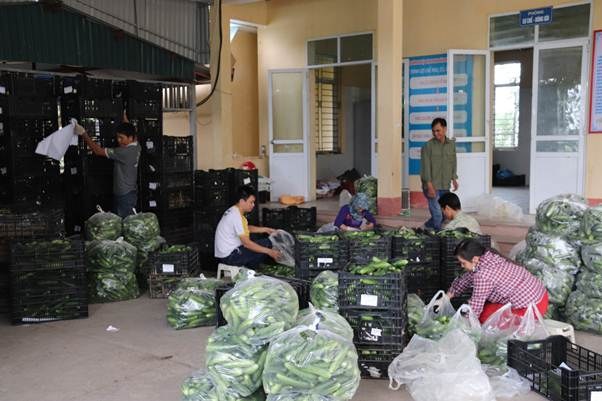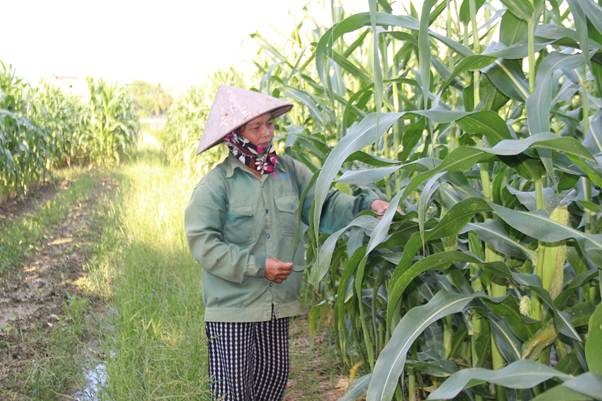Farmers, food processors, distributors, consumers, consumers’ associations, government agencies, food quality certification bodies and food inspection agencies are all key actors in the food supply chain. Their coordination and participation are crucial to enhancing consumers' trust and contributing to the shift towards a safe and sustainable urban food system.
Rikolto collaborated with the Women’s Initiative for Start-ups and Entrepreneurship (WISE) in facilitating a virtual discussion around the topic: How to ensure that the quality and value of the product is assured from the farm to the table?
On 31 August, more than 100 representatives of producers’ organisations, government agencies, food quality certification bodies and consumers attended the workshop titled "Building Value - From Quality Standards to Consumer Trust”. The focus was on building and ensuring product value and quality and offering solutions to improve food safety management.
The dialogue provided the participants with useful information related to the market, the quality standards and regulations and the management of production and consumption. The participants also exchanged insights around the challenges they face during the production phase and around enterprises’ consumer-based approach. They discussed how to address quality issues in the field and in the consumer market and proposed solutions to improve the food safety management system through the participation of all parties.









